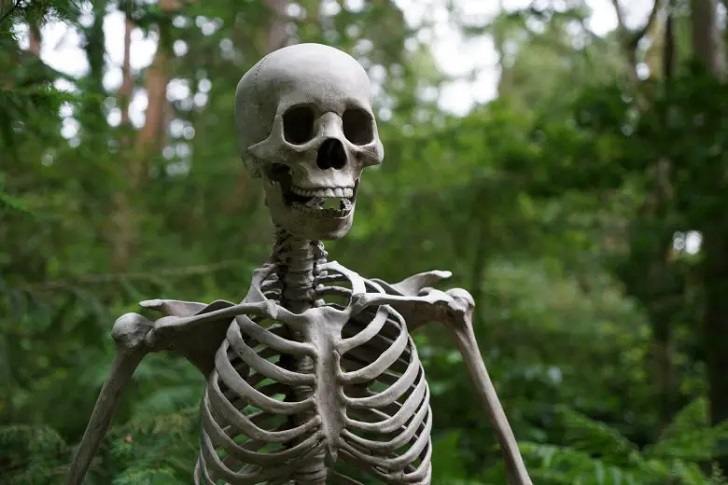A dying person’s last words have been diligently written down and recorded throughout history. These last words are often thoughtful, insightful, and heartbreaking. We won’t be looking at that kind today, though.
Today, we’ll examine the last phrases that make us chuckle and perhaps wonder. The last words below are from some of history’s most illustrious figures, including Terry Kath, Huey Long, and Voltaire. Here are some of history’s funniest and most ironic last words.
“I’d hate to die twice. It’s so boring.”
It’s common to list Richard Feynman among the most outstanding scientists in history. That is unquestionably attested to by his work on the atomic bomb, a number of significant quantum physics theorems, and winning the Nobel Prize. He also enjoyed playing practical jokes, pranks, and other mischief and continued to do so until the end.

“What do you think I am going to do, blow my brains out?”
The band’s lead vocalist, Chicago’s Terry Kath, made this unsettling proclamation while allegedly carrying an unloaded gun. Tragically, Kath’s premonition came true because the rifle was loaded.
“I done told you my last request… a bulletproof vest.”
Before the Supreme Court later reintroduced the death penalty in 1974, James W. Rodgers was the last person to be killed by firing squad in the US. They asked Rodgers, a murderer who was ready to stand in front of a firing squad if he had any final wishes. Just before his execution, he presented him with a coat. He responded: “I’ll soon be where it’s warm, so don’t worry.”
“This is no time to be making new enemies.”
Over 2,000 books and short stories were written by the prolific French novelist François-Marie Arouet during his career. He was renowned for supporting the separation of church and state and for opposing organized religion. He is perhaps better known by his pen name, Voltaire.

He said the aforementioned words on his deathbed in response to a priest’s nudge to reject Satan. His burial was rejected by the church. Instead, a few of his closest friends had him covertly interred at a church in another town where the priest was a family friend.
“I wonder why he shot me.”
Huey Long, a reformer and demagogue during the Great Depression, made this statement after being shot at the Louisiana State Capitol, where he would later perish.
“This wallpaper is dreadful; one of us will have to go.”
These are said to be the last words spoken by the illustrious author, poet, and playwright Oscar Wilde. He is well known for his quick wit, colorful attire, and talent for interior design, so these final two statements, if accurate, would fit him perfectly.

“I desire to go to Hell and not Heaven. I shall enjoy the company of popes, kings, and princes in the former place, while in the latter are only beggars, monks, and apostles.”
Niccolo Machiavelli was an Italian philosopher and diplomat from Florence who served as an inspiration for tyrannical leaders all over the world.
Most people believe The Prince was written as a manual for a future royalty, despite other historians who believe it to be satirical. It argued that as long as the results were advantageous to the ruled, rulers need not worry about acting dishonestly. The objectives outweighed the means.
Most authoritarian leaders, in my opinion, opted to ignore the second part of that goal. In any case, he had a passion for comedy and created a number of plays throughout his life to spread amusement among Europeans.





